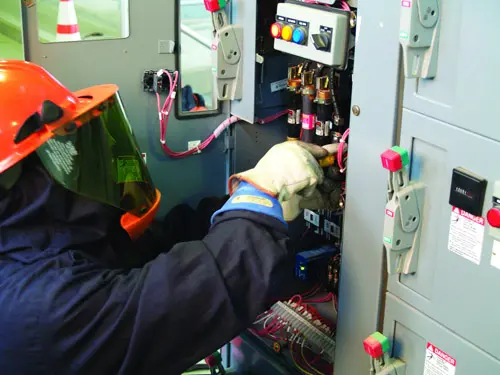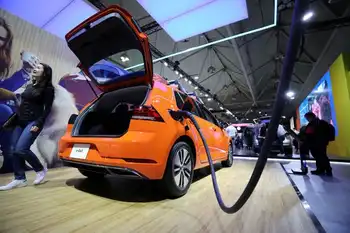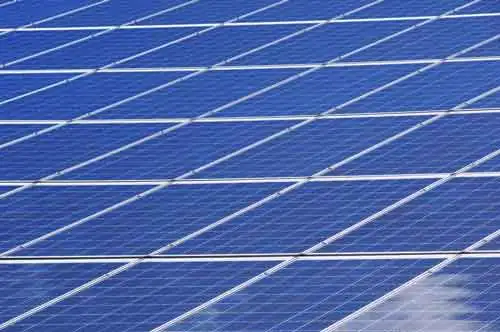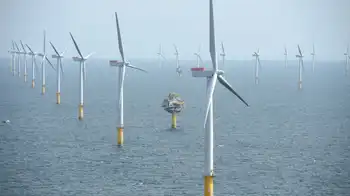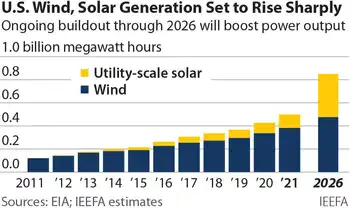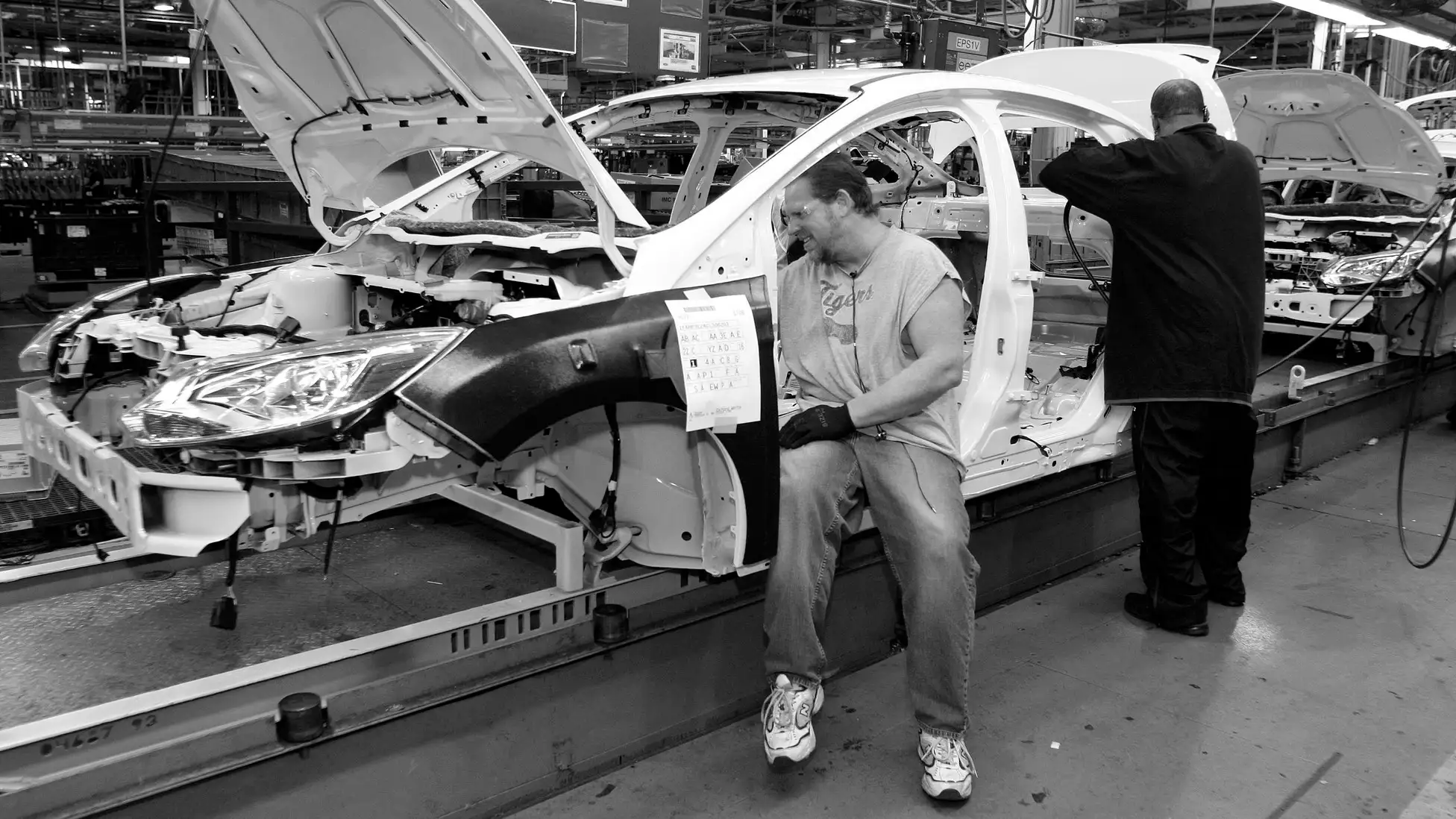Canada and British Columbia invest in green energy solutions

NFPA 70b Training - Electrical Maintenance
Our customized live online or in‑person group training can be delivered to your staff at your location.

- Live Online
- 12 hours Instructor-led
- Group Training Available
British Columbia Green Infrastructure Funding expands CleanBC Communities Fund projects, from EV charging stations to sewage heat recovery, delivering low-carbon heat in Vancouver and supporting Indigenous communities and COVID-19 recovery through the Green Infrastructure Stream.
Key Points
A joint federal-provincial program backing CleanBC to fund EV chargers, sewage heat recovery, and low-carbon heat.
✅ Funds EV charging across Vancouver Island and northern B.C.
✅ Expands sewage heat recovery via Vancouver's NEU
✅ Joint federal, provincial, local, and Indigenous partners
The governments of Canada and British Columbia are investing in infrastructure to get projects under way that meet people's needs, address the effects of the COVID-19 pandemic, and help communities restart their economies.
Strategic investments in green infrastructure are key to creating clean healthy communities, making life more affordable, and building a clean electricity future for Canada.
Today, the Honourable Jonathan Wilkinson, Minister of Environment and Climate Change and Member of Parliament for North Vancouver, on behalf of the Honourable Catherine McKenna, Minister of Infrastructure and Communities, and the Honourable George Heyman, B.C. Minister of Environment and Climate Change Strategy, announced funding for 11 projects, alongside initiatives like the province's hydrogen project, to help B.C. communities save energy and reduce pollution.
In Vancouver, the Sewage Heat Recovery Expansion Project will increase the capacity of the Neighbourhood Energy Utility (NEU) to provide buildings in the False Creek area with low-carbon heat and hot water. The NEU recycles waste heat and uses a mix of renewable and conventional natural gas to reduce harmful emissions.
Funding is also going towards expanding the network of Level-2 electric vehicle (EV) charging stations across the province. More than 80 new stations will be installed in communities across mid-Vancouver Island, as well as northern and central B.C., making clean transportation options, supported by incentives for zero-emission vehicles, more viable for more people.
These, along with the other projects announced today, will create jobs and strengthen local economies now while promoting sustainable growth and residents' long-term health and well-being.
The Government of Canada is investing more than $28.5 million in these projects through the Green Infrastructure Stream (GIS) of the Investing in Canada plan, and local and Indigenous communities are contributing more than $13 million. The Government of British Columbia is contributing nearly $18 million through the CleanBC Communities Fund, part of the federal Investing in Canada plan's Green Infrastructure Stream, which also supports rebates for home and workplace charging initiatives.
Quotes
"Expanding electric vehicle charging stations across Vancouver Island will make clean transportation more viable for more people. Encouraging green energy solutions like this is essential to building strong resilient communities. Canada's Infrastructure plan invests in thousands of projects, creates jobs across the country, and builds stronger communities."
The Honourable Jonathan Wilkinson, Minister of Environment and Climate Change and Member of Parliament for North Vancouver, on behalf of the Honourable Catherine McKenna, Minister of Infrastructure and Communities
"This investment through the Green Infrastructure Stream is a great example of how federal partnerships with all levels of government can ensure a sustainable future for generations. Amidst COVID-19, we can rebuild better with a green recovery."
Hedy Fry, Member of Parliament for Vancouver Centre
"People deserve access to clean air, clean energy and clean economic opportunities and by investing in new clean infrastructure projects, we will reduce pollution, build better buildings, improve transportation options with EV charger rebates and make life more affordable for people. By working together with the City of Vancouver and other B.C. communities, along with the federal government, we're helping build back a stronger, better B.C. for everyone following the impacts of COVID-19 through our CleanBC plan."
The Honourable George Heyman, Minister of Environment and Climate Change Strategy Government
"This is an important investment when it comes to addressing the climate emergency our city is facing. Nearly 60 per cent of carbon pollution created in Vancouver comes from burning natural gas to heat our buildings and provide hot water. This investment from our provincial and federal partners will help us greatly expand the Neighbourhood Energy Utility to reduce our carbon footprint even further."
His Worship, Kennedy Stewart, Mayor of Vancouver
Quick facts
Through the Investing in Canada Plan, the Government of Canada is investing more than $180 billion over 12 years in public transit projects, green infrastructure, social infrastructure, trade and transportation routes, and Canada's rural and northern communities.
The Government of Canada has invested $4.2 billion in 525 infrastructure projects across British Columbia under the Investing in Canada plan.
To support Canadians and communities during the COVID-19 pandemic, a new stream has been added to the over $33-billion Investing in Canada Infrastructure Program to help fund pandemic-resilient infrastructure. Existing program streams have also been adapted to include more eligible project categories.
The new Canada Healthy Communities Initiative will provide up to $31 million in existing federal funding to support communities as they deploy innovative ways to adapt spaces and services to respond to immediate and ongoing needs arising from COVID-19 over the next two years.
The 11 projects are part of the first intake of the CleanBC Communities Fund, which committed more than $63 million in joint federal-provincial funding. Additional projects from the first intake will be announced soon.
The second intake for the CleanBC Communities Fund is now open for applications from local governments, Indigenous groups, not-for-profits and for-profit organizations in B.C.






